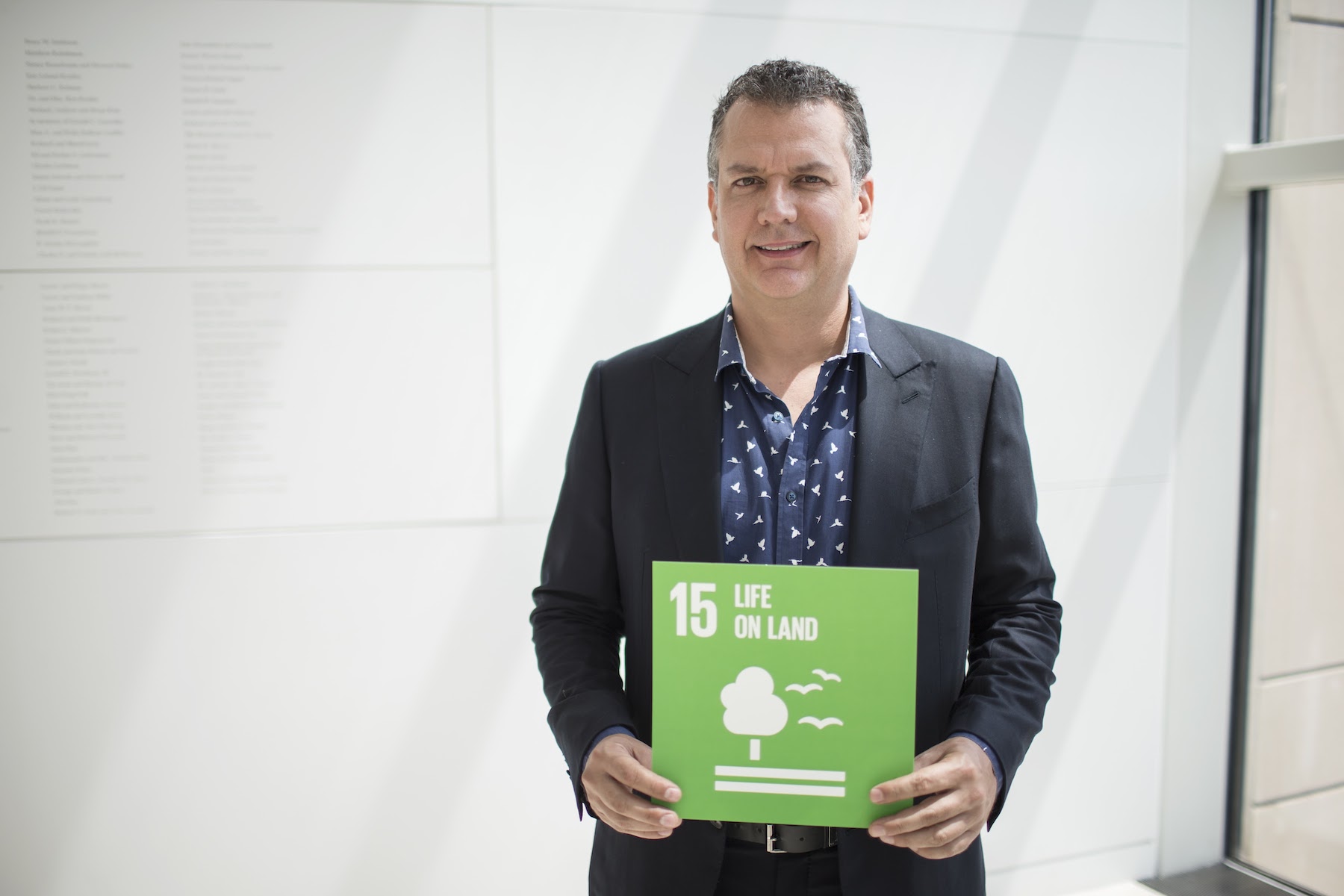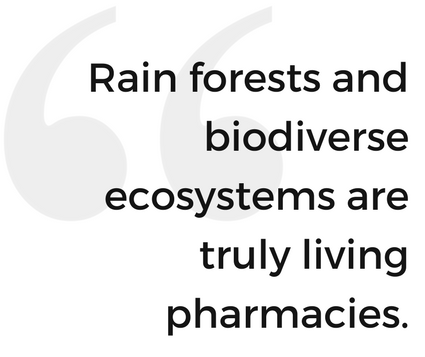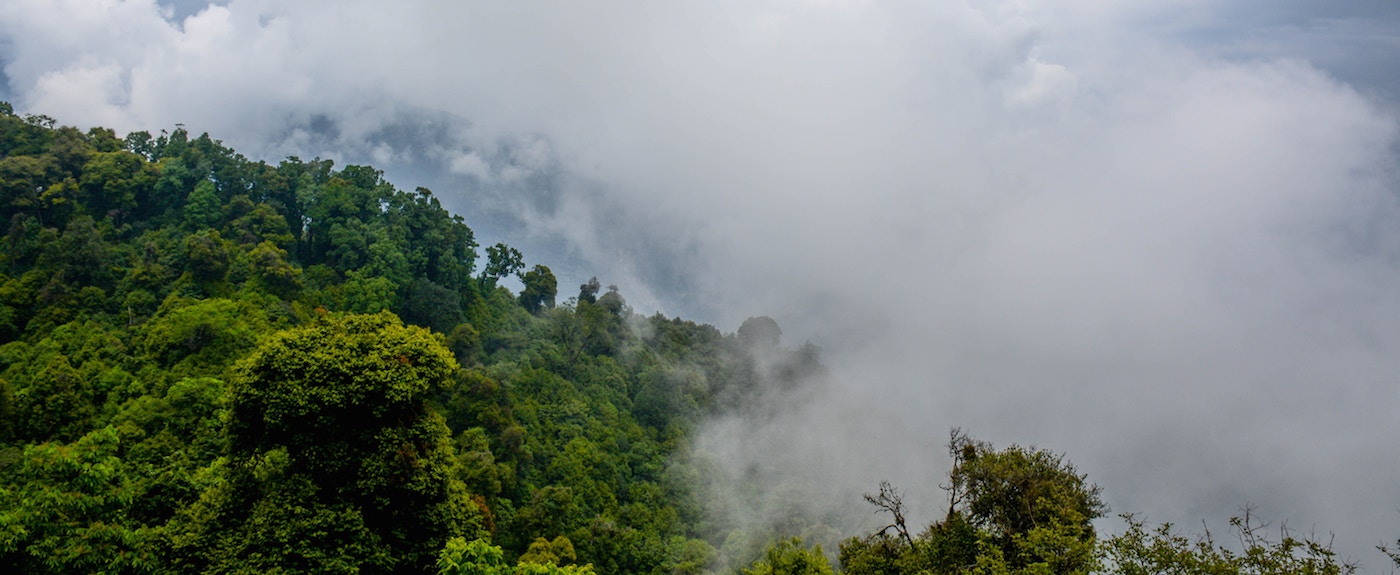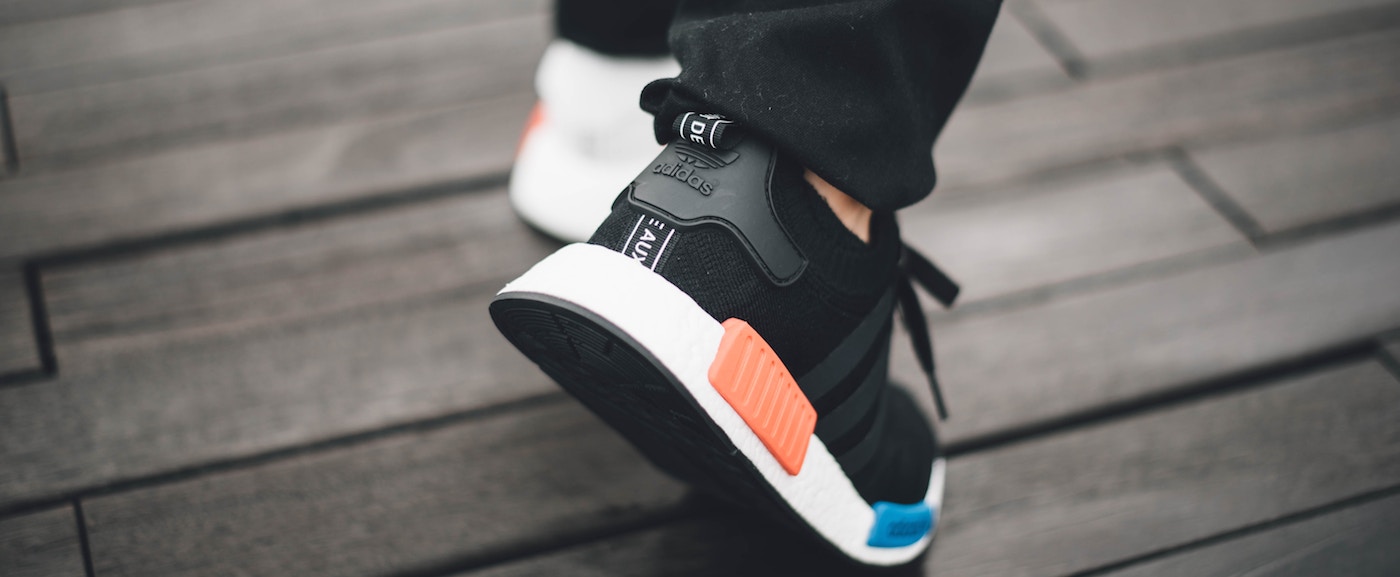 or decades, the food and cosmetics industries have scoured the planet for a natural source of the color blue. While natural dye solutions have been identified and developed for every other color of the rainbow, the only blues available for commercial use are synthetic substitutes that have proven unfit for human consumption. Concerns around the safety of artificial blue dyes even led industry giants like Mars and Nestlé to remove blue elements from many highly recognizable products, such as Trix and M&Ms.
or decades, the food and cosmetics industries have scoured the planet for a natural source of the color blue. While natural dye solutions have been identified and developed for every other color of the rainbow, the only blues available for commercial use are synthetic substitutes that have proven unfit for human consumption. Concerns around the safety of artificial blue dyes even led industry giants like Mars and Nestlé to remove blue elements from many highly recognizable products, such as Trix and M&Ms.
It would appear that the color could be found in abundance, whether in fish, birds, or insects, yet despite recognizable manifestations throughout the animal kingdom, the color blue remains the rarest pigment in nature, a Holy Grail for the industries who so desperately seek it.
Deep in the Colombian rainforest, Nicolás Cock Duque, CEO and founder of EcoFlora, discovered this Holy Grail.
The “jagua” has long been known to indigenous Afro-Columbians as the fleshy white fruit whose blue veins provide a source of ink for temporary tattoos. For Nicolás, it represented an exhilarating possibility: a safe dye solution for food and cosmetics consumers, a resource around which remote communities could build sustainable industry, and another of his country’s jewels to protect and conserve.

Photo courtesy of Chet Strange.
After a decade of testing and developing the dye, EcoFlora has secured patents in over 100 countries and hopes to achieve FDA approval in the next 18-24 months. Read the full Q&A below:
What does EcoFlora exist to do?
NCD: EcoFlora is developing botanical bio-solutions, radical and disruptive bio-innovations to transform the way that agriculture is managed and to change the way that the food industry introduces additives in order for them to be safe and healthy.
We do this through amazing solutions we have found in botanical resources in different places of our country and the globe, through plants that have properties capable of resolving many of the problems that affect our well-being, and even our ability to persist on the planet.
We have three companies: EcoFlora Agro, which creates natural solutions for crop and life protection. EcoFlora Home produces home care products. And finally, EcoFlora Cares discovered and developed the world’s first natural blue color.
What’s really incredible about EcoFlora is that on one side of the supply network, you create better labor conditions and more sustainable harvesting methods, and on the other side, you provide products that are safer for people and more effective for the environment.
NCD: Yes! Our deep and profound aspiration is to transform production and consumption patterns, making them more sustainable and improving life on land. From where we source, we’re impacting the livelihoods of rural, indigenous, Afro-Colombian communities that supply these goods to us.
In the consumer side, we’re enabling people to consume safer goods that are great for their health, while managing in a more sustainable way the natural resources where these products come from. We protect the farmlands where these agricultural goods are produced, as well as the forests and ecosystems in which we sustainably harvest these very unique solutions.
 Photo courtesy of EcoFlora.
Photo courtesy of EcoFlora.
Tell me a bit about your relationship to nature growing up. Have you always been passionate about this?
NCD: Ever since I was a young kid, I’ve had this profound connection with nature, as well as entrepreneurship — they are two legacies that I received from my family. My grandfather was the founder of the Boy Scouts in Colombia. We grew up very connected with nature, visiting wild places in our country: the rainforest, the deserts, the mountains, the sea, the oceans. This deep connection with nature motivated me to do something to not only preserve it, but also to share the treasures and the amazing value and potential benefits that we could develop out of this infinite source of solutions for better living.
Are you concerned that in harvesting these natural solutions, we may over-exploit them?
NCD: Rain forests and biodiverse ecosystems are truly living pharmacies, out of which there are many, many different products still to be discovered. What’s worrying is that this is a finite resource. Extinction is forever. And it’s not just that we’re destroying ecosystems in places where there are rare species. Many different species exist and we don’t even understand their value and the potential they can have in the form of pharmaceuticals, crop-protection products, safe cosmetic products — products that we use in our daily lives and that we could potentially develop.

But if we continue to harvest the way companies do, we will deplete them. We will lose them forever. That’s why we’re doing what we’re doing at EcoFlora, demonstrating to the world that there is tremendous potential in bio-solutions, if you do it responsibly, and if you join harvesting efforts with conservation efforts.
You describe finding the color blue in nature as discovering a Holy Grail. What went through your head in that moment, and where were you?
NCD: We had gone through a program sponsored by the United Nations to find new natural ingredients for the food and cosmetic industries. One day, at a trade show in Europe, a German consultant suggested that if we could find a natural color blue, that would be the breakthrough of a lifetime, because it hasn’t been discovered and developed yet.
I had been visiting the rain forests in Colombia for many years. One day I was walking through the main square of a small indigenous village, and an Afro-Colombian lady was selling some strange fruits. Out of curiosity, I bought some and asked her to cut one for me. When she cut the fruit in half, it had white flesh, but after several seconds blue veins started to appear. That was such an amazing moment, looking at the heart of this fruit and knowing that we could have found that missing Holy Grail!
We brought kilograms of these fruits to our labs and to some universities in our home city in Medellín. It took a couple years of extracting, standardizing, scaling up, and now we’re only steps away from getting approved for the food industry.



